This gallery shows 25+ high-quality and Best-resolution WWE PNG Images, Vectors, Stickers, logos, Icons, and Clipart Pictures with transparent backgrounds. Free download all these WWE PNG Images for graphic design, projects, presentations, web design, editing, and other works.
WWE PNG Images:



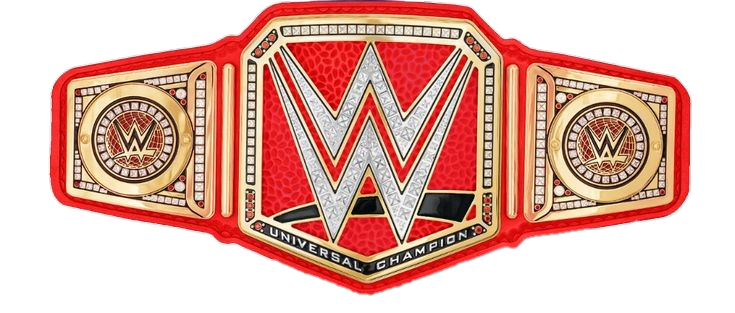


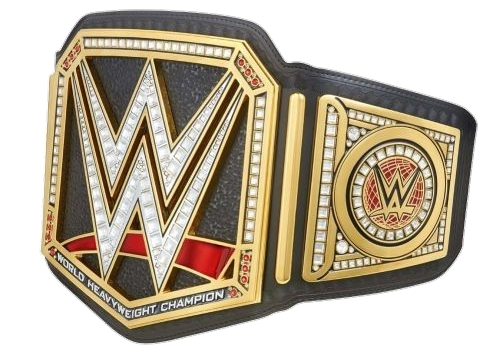

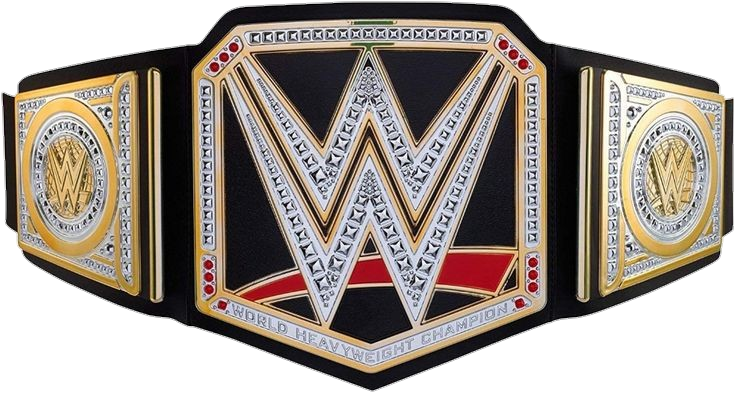
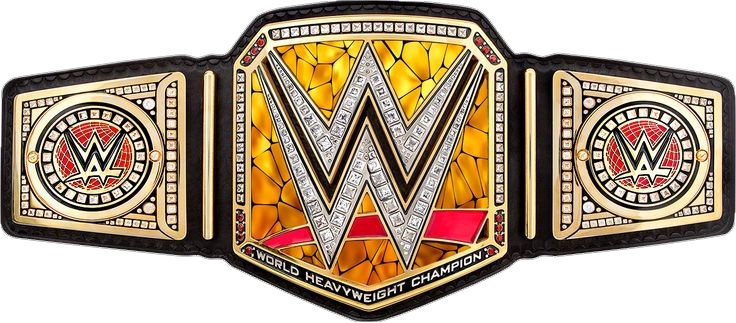
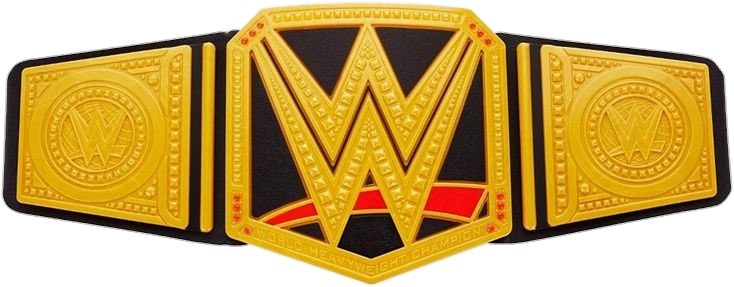


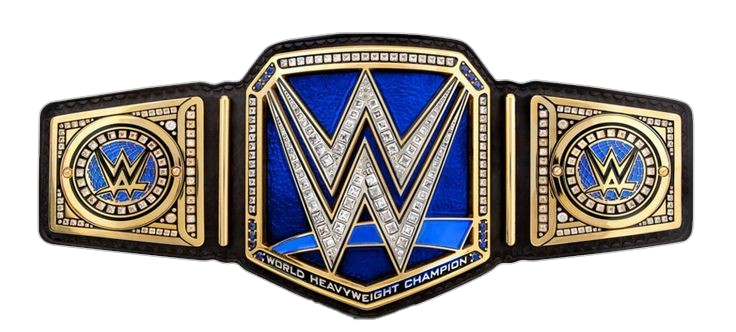
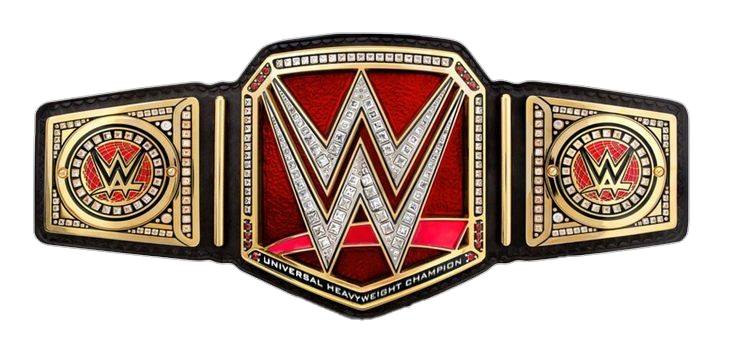








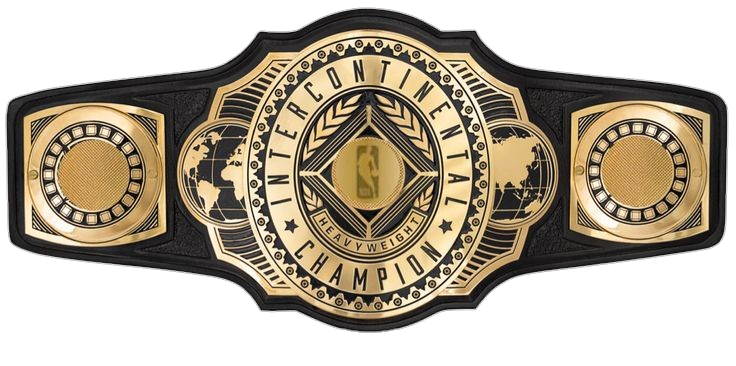



Professional wrestling has been a form of entertainment for over a century, captivating audiences with its unique blend of athleticism, storytelling, and larger-than-life characters. One of the most prominent and globally recognized organizations in professional wrestling is WWE or World Wrestling Entertainment. WWE is more than just a wrestling promotion; it is a cultural phenomenon that has left an indelible mark on sports and entertainment.
WWE’s roots can be traced back to the early 20th century when professional wrestling was a legitimate sport. However, it was not until the mid-20th century that wrestling took a more scripted and entertainment-focused approach. Vincent J. McMahon and his son Vincent K. McMahon played a pivotal role in transforming wrestling into a spectacle. In 1982, Vince McMahon Jr. bought the World Wrestling Federation (WWF), which would later become WWE, and introduced the concept of sports entertainment. This marked a significant shift in the wrestling world, as scripted storylines, colorful characters, and theatrical presentations took center stage alongside the athletic competition.
At the heart of WWE’s success lies its ability to tell compelling stories. WWE has masterfully combined the athleticism of its performers with intricate narratives that engage fans emotionally. Wrestlers adopt personas, known as “gimmicks,” which are often exaggerated versions of themselves or entirely fictional characters. These characters engage in feuds and rivalries that span months or even years, with storylines that include betrayal, redemption, and triumph.
One of the most iconic storylines in WWE history is the “Stone Cold” Steve Austin vs. Vince McMahon feud during the late 1990s. Austin, the rebellious anti-hero, squared off against McMahon, the tyrannical boss, in a battle that resonated with fans who felt a similar sense of rebellion in their own lives. This storyline helped catapult WWE’s popularity and solidified Steve Austin as one of the industry’s biggest stars.
WWE’s cultural impact cannot be overstated. It has transcended the realm of sports entertainment and become a global phenomenon influencing popular culture in various ways. WWE has produced numerous crossover stars, including Dwayne “The Rock” Johnson and John Cena, who have successfully transitioned into Hollywood and mainstream entertainment. Additionally, WWE has contributed to the growth of reality television with shows like “Total Divas” and “Total Bellas,” offering fans a behind-the-scenes look at the lives of WWE superstars.
WWE’s annual flagship event, WrestleMania, has become a pop culture extravaganza, attracting both wrestling fans and mainstream celebrities. WrestleMania is not just a wrestling event but a spectacle featuring musical performances, celebrity appearances, and larger-than-life matches.
In recent years, WWE has made strides in promoting diversity and inclusivity within its ranks. The Women’s Evolution began in the mid-2010s and has seen female wrestlers take on more prominent roles, headlining significant events and showcasing their athleticism and storytelling abilities. This shift has empowered women within the industry and inspired a new generation of female wrestling fans.
WWE has also promoted inclusivity by featuring wrestlers from diverse backgrounds and nationalities. Superstars like Kofi Kingston and Sasha Banks have broken down barriers and become role models for fans of all locations.
While WWE has achieved significant success, it has not been without its share of criticism and challenges. Concerns have been raised about the physical toll professional wrestling takes on its performers, with injuries and long-term health issues being prominent. Additionally, there have been allegations of mistreatment of talent and a lack of diversity in the company’s creative decision-making.






Leave a Comment
Instagram